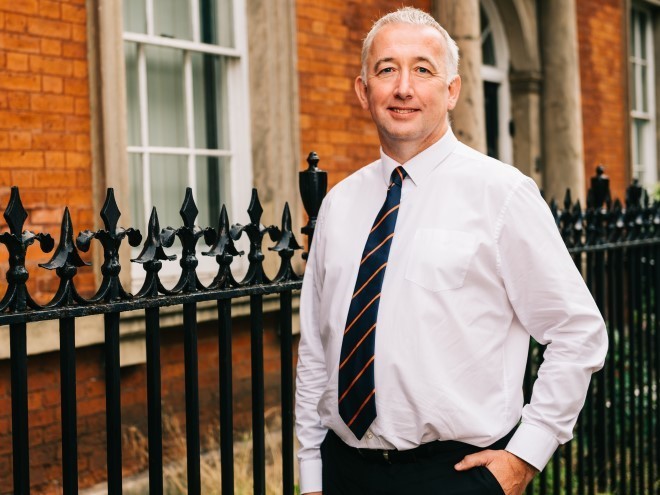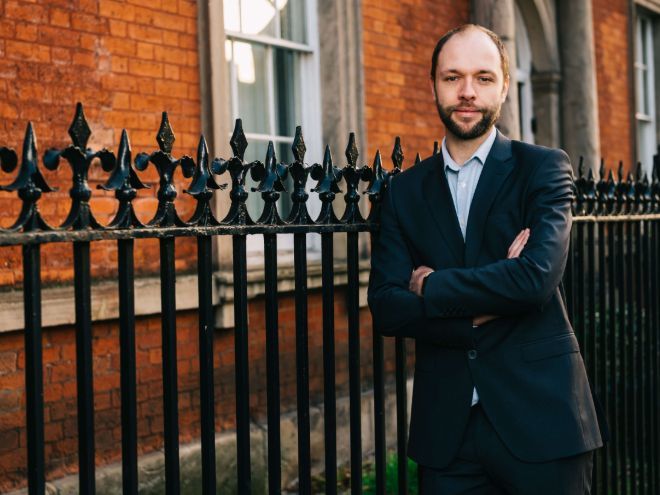Patents
Can the Patent Prosecution Highway reduce patent examination costs and times?
July 16, 2012
The Patent Prosecution Highway is intended to avoid the carrying out a similar examination of corresponding patent applications by respective Patent Offices in different countries. Currently such multiple examinations involve applicants in significant cost with patent applications being examined over a relatively long period of time. Is there a possibility that this position could improve?
What is it?
Mention the word patent and many businesses automatically associate two things; expense and delay. Yet billions of pounds are spent every year by companies attempting to secure patents to protect their ideas and innovations. Once a patent application is filed there ensues an examination process before a patent is granted. Moreover should an applicant require foreign protection, patent applications must also be filed overseas which cover the relevant jurisdictions. Various Intellectual Property Offices have now collaborated to implement a system whereby businesses can aim to secure patents in multiple countries in a more cost and time effective way than existing procedures; the Patent Prosecution Highway (PPH). The patent prosecution highway provides applicants for a patent application in one country with a means of significantly accelerating examination of their patent application at another intellectual property office if examination work has already been conducted by the intellectual property office of the first patent application.
What does it do?
In general, under the PPH agreements, if the claims of a patent application have been found to be acceptable by a first intellectual property office, the applicant may request accelerated examination of a corresponding application at a second office to which there is a bilateral agreement in situ.
Potential Advantages of the system to businesses
• Professional legal fees for responding to examination reports if the applicant business has a number of co-pending patent applications could be significantly reduced. • The time to grant patent applications of co-pending patent applications can be greatly accelerated; a granted patent can carry more commercial weight to a technology in terms of licensing and other transaction potentials. • The applicant may have more conformity in the scope of their protection of an invention in various jurisdictions if the same claims are granted; a business could be able to more easily identify potential infringements in different jurisdictions and this could also lead to more uniformed terms of commercialisation agreements with third parties if the scope of the patent is broadly the same in each country. • More interaction between different intellectual property offices may lead to an increase in the overall quality of search and examination; this may reduce the risk of a business’ patent being validly challenged. • Quicker grant will allow businesses to more quickly enforce their patent against infringing third parties. Current Statistics suggest that the new system is already benefiting applicants: • The period for first examination relating to PPH applications has been reduced from 27 months to less than 3 months at some participating offices. • 95% Grant rate for PPH applications compared to circa 40% for non-PPH applications. • More than 20% of PPH applications go to grant with just one office action. Please contact Hiren Gandhi for more details [email protected] or your usual contact at Swindell & Pearson Ltd.
Swindell & Pearson has been helping businesses and individuals protect and defend their ideas, innovations and brands for over 130 years. With its head office in Derby, the firm also has offices in Stoke, Wolverhampton, Stafford, Sheffield and Burton. To find out how Swindell & Pearson can help you with any intellectual property requirements please get in touch via [email protected] or by telephone on 01332 367 051.


